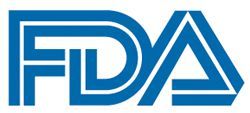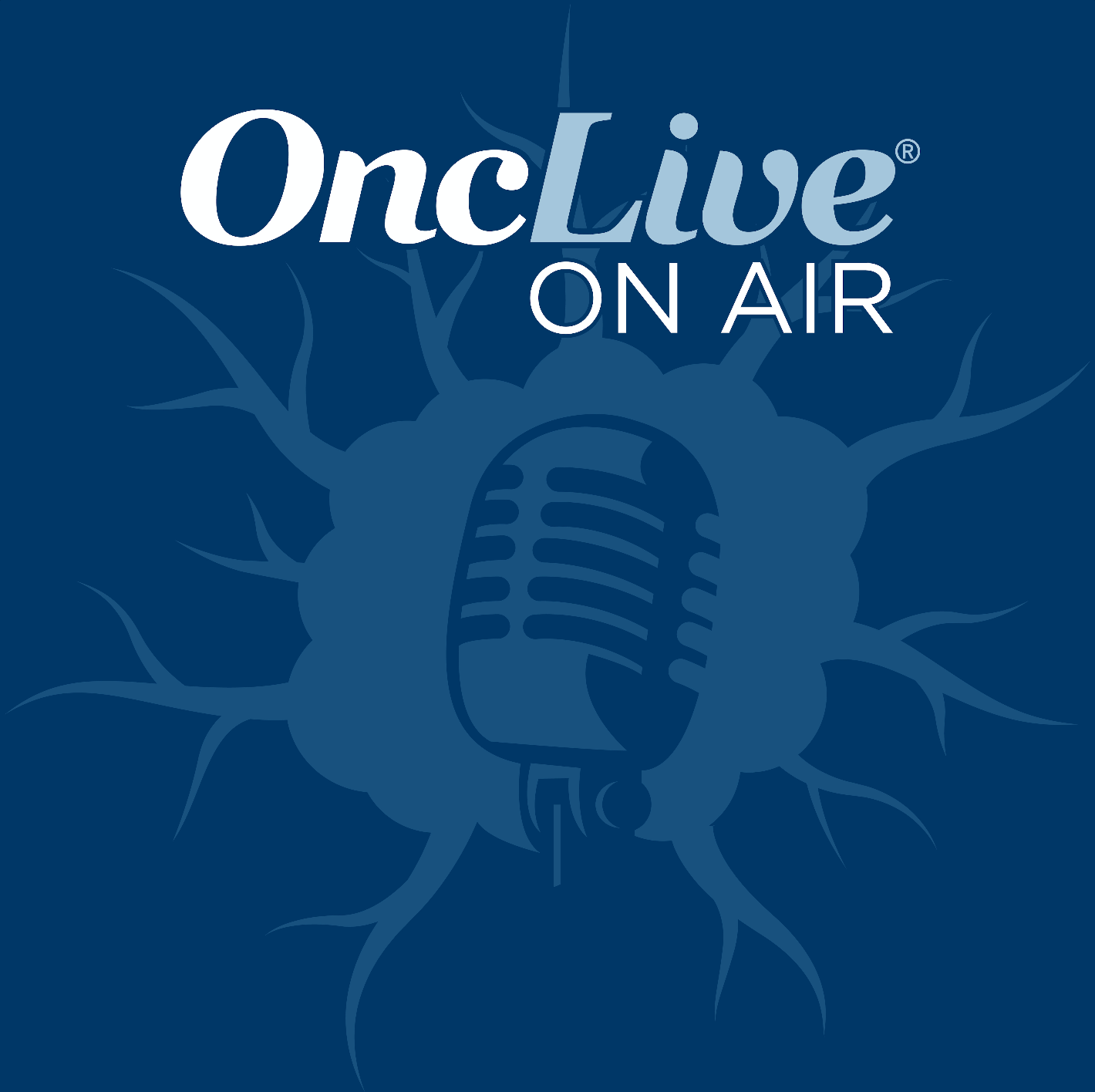News
Article
FDA Grants Priority Review to Tovorafenib in Pediatric Relapsed/Progressive Low-Grade Glioma
Author(s):
The FDA has granted priority review to a new drug application seeking the approval of tovorafenib monotherapy for the treatment of pediatric patients with relapsed or progressive low-grade glioma.
FDA

The FDA has granted priority review to a new drug application seeking the approval of tovorafenib (DAY101) monotherapy for the treatment of pediatric patients with relapsed or progressive low-grade glioma.1
The application is supported by data from the phase 2 FIREFLY-1 trial (NCT04775485), which showed that evaluable patients aged 6 months to 25 years with relapsed or progressive low-grade glioma harboring a known activating BRAF alteration who received tovorafenib monotherapy (n = 69) experienced an overall response rate (ORR) of 67% per Response Assessment in Neuro-Oncology–high grade glioma (RANO-HGG) criteria.2 The clinical benefit rate (CBR) was 93%, including a complete response (CR) rate of 17%, a partial response (PR) rate of 49%, and a stable disease (SD) rate of 26%. The median duration of response (DOR) was 16.6 months (95% CI, 11.6-not estimable [NE]).
The target action date under the Prescription Drug User Fee Act is April 30, 2024.1
“We are pleased to be one step closer to achieving our mission of bringing a novel targeted therapy to children whose low-grade gliomas with BRAF alterations have relapsed or progressed,” Jeremy Bender, PhD, chief executive officer of Day One Biopharmaceuticals, stated in a news release. “We are grateful to the patients and their caregivers who participated in the FIREFLY-1 trial and look forward to continuing to collaborate with the FDA as we prepare to make this treatment more broadly available to those who need it.”
The open-label, pivotal FIREFLY-1 trial is enrolling patients 6 months to 25 years of age with relapsed or progressive low-grade glioma with a documented activating BRAF alteration (arms 1 and 2). The study also includes an arm for pediatric patients with locally advanced or metastatic solid tumors harboring an activating RAF fusion (arm 3).3 In arms 1 and 2, patients need to have received at least 1 prior line of systemic therapy and have evidence of radiographic disease progression. At least 1 measurable lesion per RANO criteria is required.
Key exclusion criteria include previously known activating molecular alterations, symptoms of clinical progression in the absence of radiographic progression, or a known or suspected diagnosis of neurofibromatosis type 1.
Enrolled patients received tovorafenib once per week.1
ORR per RANO-HGG criteria serves as the trial’s primary end point. Secondary end points consist of ORR per Response Assessment in Pediatric Neuro-Oncology low-grade glioma (RAPNO-LGG) criteria, progression-free survival, DOR, time to response, CBR, and safety.
Additional data from FIREFLY-1 demonstrated that evaluable patients (n = 76) achieved an ORR of 51% per RAPNO-LGG criteria and a CBR of 82%. Patients experienced a PR rate of 37%, a minor response (MR) rate of 14%, and a SD rate of 30%. The median DOR was 13.8 months (95% CI, 11.3-NE).2
Findings from an exploratory analysis showed that evaluable patients (n = 76) experienced an ORR of 53% per RANO-LGG criteria. Additionally, tovorafenib elicited a CBR of 83%, including PR, MR, and SD rates of 26%, 26%, and 30%, respectively. The median DOR was 14.4 months (95% CI, 11.0-NE).
Tovorafenib monotherapy was well tolerated. Among patients evaluable for safety (n = 137), most adverse effects (AEs) were grade 1 or 2. The most common AEs included change in hair color (76%), fatigue (44%), maculopapular rash (41%), dry skin (33%), and dermatitis acneiform (30%).
The most common treatment-related lab abnormalities consisted of elevated creatine phosphokinase, elevated lactate dehydrogenase, anemia, hypophosphatemia, and elevated aspartate aminotransferase. Most lab abnormalities did not feature clinical manifestations and did not require clinical intervention or change in study treatment.
References
- Day One announces FDA acceptance of NDA and priority review for tovorafenib in relapsed or progressive pediatric low-grade glioma (pLGG). News release. Day One Biopharmaceuticals. October 30, 2023. Accessed October 30, 2023. https://ir.dayonebio.com/news-releases/news-release-details/day-one-announces-fda-acceptance-nda-and-priority-review
- Day One announces updated FIREFLY-1 data for tovorafenib and completion of rolling NDA submission to FDA for relapsed or progressive pediatric low-grade glioma (pLGG). News release. Day One Biopharmaceuticals. September 11, 2023. Accessed October 30, 2023. https://ir.dayonebio.com/news-releases/news-release-details/day-one-announces-updated-firefly-1-data-tovorafenib-and
- A study to evaluate DAY101 in pediatric and young adult patients with relapsed or progressive low-grade glioma and advance solid tumors (FIREFLY-1). ClinicalTrials.gov. Updated January 11, 2023. Accessed October 30, 2023. https://clinicaltrials.gov/study/NCT04775485







